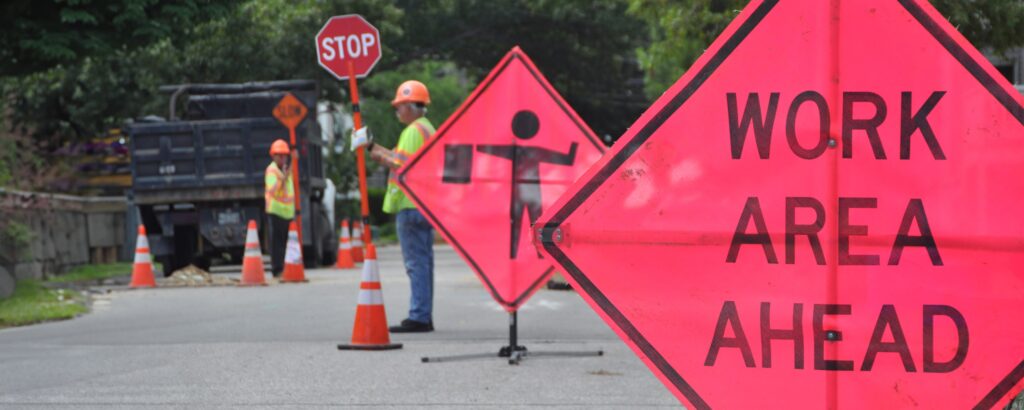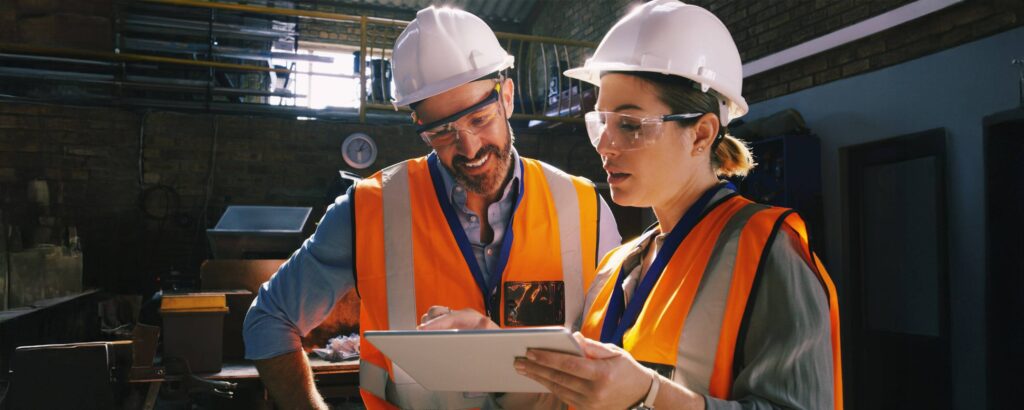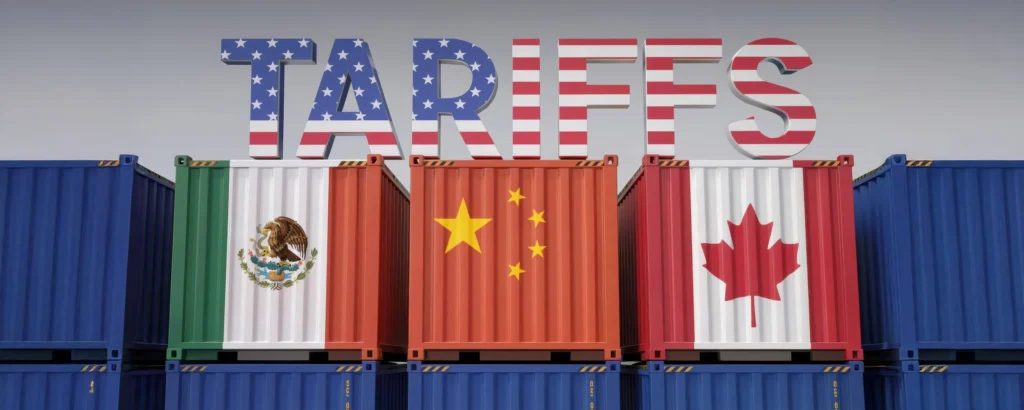September is suicide prevention awareness month and Construction Suicide Prevention Week is Sept. 9-13, 2024, making it the ideal time to discuss suicide risks with your employees. According to the Centers for Disease Control, in 2023, male construction workers had a 75% higher rate of suicide than men in the general population. And suicide rates in general rose from the year before. That’s an alarming number that requires immediate action by the construction industry.
Why is Suicide Risk So High in Construction?
The challenging nature of construction work itself can lead to mental health issues and an increased risk of suicide. According to the Occupational Health and Safety (OHS), working in construction often includes working long hours in harsh environments which can contribute to anxiety, depression and in some cases substance abuse, all which can lead to suicide and accidents if left unchecked.
According to the National Library of Medicine, 2.5% of male construction workers have self-reported experiencing suicidal ideation and nearly 30% cited regular psychological distress. Add the fact that injury from job sites can lead to chronic pain and potentially opioid abuse, and the mental health risks are exacerbated.
Those struggling with mental health issues can’t bear the entire burden of seeking help. Construction managers are in a unique position to take a proactive approach to suicide prevention and mental health intervention as they often work side-by-side with their employees. Luckily, there are programs that can help.
Here are just two to consider.
OSHA Suicide Awareness Campaigns
OSHA has launched campaigns to prevent suicide in the construction industry including developing a Suicide and Crisis hotline using the three-digit code 988 that workers can call to help cope with work-related stress.
OSHA offers employers several resources for employers can use like videos, toolbox talk topics and other materials that outline suicide prevention.
OSHA recommends taking action to identify and talk about mental health issues in the workplace. Co-workers may sense when something is wrong with their colleagues, especially those that work closely together, and their actions can make a real difference.
Share these steps with your employees:
- Pay Attention. Know the warning signs of suicide. There is no single cause for suicide but there are warning signs. Changes in behavior, mood or even what they say may signal someone is at risk. Take these signs seriously. It could save a life.
- Reach Out. Ask “Are you okay?” If you are concerned about a coworker, talk with them privately and listen without judgment. Encourage them to contact your Employee Assistance Program (EAP), HR department or a mental health professional.
- Take Action. If someone is in crisis, stay with them and get help. If you believe a coworker is at immediate risk of suicide, stay with them until you can get further help. Contact emergency services or the 988 Suicide and Crisis Lifeline.
There are other safety programs that take the initiative on developing and instituting a mental health wellness plan.
Construction Wellbeing Foundation
The Construction Wellbeing Foundation is committed to providing vital resources, support and education to promote mental health and wellbeing within the construction industry. It was established in 2023 via a collaborative effort between SkillSignal, an all-in-one safety and compliance technology platform, and Princeton University’s Kahneman-Treisman Center for Behavioral Science and Public Policy. SkillSignal is Arcoro’s partner for jobsite construction safety.
The Construction Wellbeing Initiative’s work is focused on three areas:
- Providing resources and support to construction workers, like counseling, peer support groups, workshops and jobsite interventions.
- Raising awareness about mental health through public education campaigns, media outreach and partnerships with construction organizations.
- Advocating policies for supporting the mental health of construction workers.
Learn More
No matter how they confront mental health issues in construction, managers must bring awareness to suicide prevention now to help decrease the risks for their workers. Suicide prevention resources are available.
- Call or text the Suicide and Crisis Lifeline at 988.
- Visit the American Foundation for Suicide Prevention (www.afsp.org) to learn more about suicide risk factors, warning signs, and what you can do to help prevent suicide.
- Visit the Construction Wellbeing Foundation to learn how to take part in its initiative.
Take advantage of Suicide Prevention Month to raise your workers’, and your own, awareness about the risks around suicide in the construction industry.


